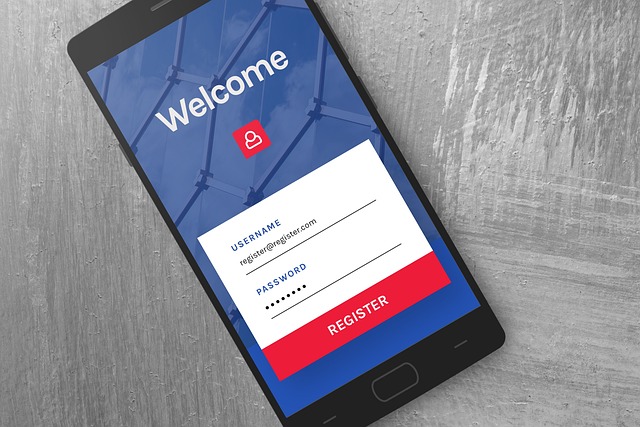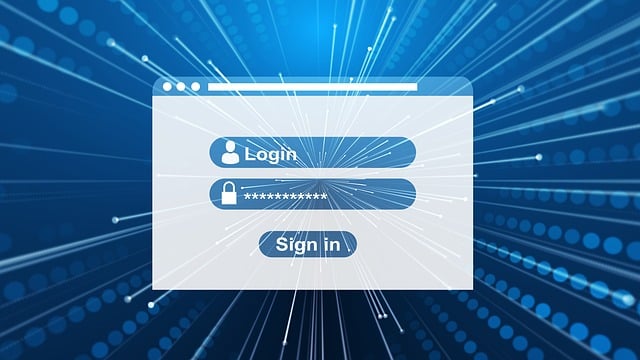Before registering a new car, gather essential documents like proof of purchase, driver's license, insurance, and safety inspection (if required). Prepare personal documents, car paperwork, and payment options for a streamlined process at the DMV. Schedule appointments online for convenient booking, accurate information, and real-time updates. Bring owner's manual, sales agreement, and valid ID/insurance to verify details and avoid errors. Fill out forms accurately, pay registration fees, and receive license plates for legal car operation.
Navigating the New Vehicle Registration Process: A Comprehensive Guide
Purchasing a new car marks an exciting milestone, but it also involves navigating a crucial administrative step—vehicle registration. This process ensures your safety on the road and requires careful attention to detail. With recent advancements in technology, Department of Motor Vehicles (DMVs) are streamlining their services, offering efficient ways to register your new vehicle. This article is your comprehensive guide, walking you through the essential steps, from gathering documents to receiving your license plates, ensuring a smooth transition into legal driving with your freshly purchased car.
- Understand Required Documentation for Registration
- Gather Necessary Personal Information
- Schedule a DMV Appointment Online
- Prepare Your New Car's Identification Materials
- Complete DMV Registration Forms Accurately
- Pay Registration Fees and Receive License Plates
Understand Required Documentation for Registration

When preparing to register your new car, it’s crucial to know what documentation you’ll need. Typically, this includes proof of purchase or a vehicle bill of sale, your driver’s license or state ID, and proof of insurance. Some states may also require a safety inspection certificate to ensure your vehicle meets safety standards. It’s always a good idea to check with your local DMV ahead of time to confirm the exact documents they require for registration.
Having these documents ready ensures a smoother registration process, as it allows for quicker verification and reduces potential delays or complications down the line. Make copies of everything you bring and keep them organized, as you may need to refer back to them if there are any questions or issues during the registration.
Gather Necessary Personal Information

Before you begin the registration process, make sure to gather all the required personal information. This typically includes your driver’s license or state ID, proof of vehicle insurance, and a valid form of payment for any applicable fees. Don’t forget to bring along any necessary documentation related to the car purchase, such as the title or bill of sale, which can expedite the process. Additionally, have your vehicle identification number (VIN) handy, as it’s a crucial piece of information required by the DMV.
Having these documents prepared beforehand will save you time and potential frustration during registration. It’s also beneficial to check with your local DMV office for any specific requirements or additional items they may need, ensuring a smoother transition when submitting your application.
Schedule a DMV Appointment Online

Scheduling a DMV appointment online is now easier than ever, thanks to the agency’s digital transformation. Most states offer this service through their official websites, allowing you to select a preferred date and time for your visit. This advanced booking system not only saves you from waiting in long queues but also ensures that you arrive at the DMV prepared with all necessary documents. By providing accurate information during the online reservation process, you streamline the entire registration experience.
When scheduling, be sure to check what services you require—whether it’s registering a new vehicle, transferring ownership, or obtaining license plates. This way, you can choose the appropriate appointment type and avoid any confusion during your visit. Online appointments also offer the advantage of real-time availability updates, giving you peace of mind that you’ll get the time slot you prefer.
Prepare Your New Car's Identification Materials

Before heading to the DMV, make sure your new car is properly identified and documented. Gather all necessary materials from your vehicle’s manufacturer, including the owner’s manual, proof of purchase or sales agreement, and any other documentation that came with your car. These documents serve as vital identifiers, confirming not only ownership but also specific details like make, model, year, and vehicle identification number (VIN).
Additionally, ensure you have a valid driver’s license and insurance card. These are essential for both your safety and the legal registration process at the DMV. Arriving prepared with all required documents will streamline your transaction, enabling a smoother transition from new car owner to legally registered driver.
Complete DMV Registration Forms Accurately

When filling out your DMV registration forms, accuracy is key to avoid delays and potential issues down the line. Take the time to read each question carefully and provide detailed, truthful answers. Ensure all information matches the details on your vehicle’s title and your identification documents. Double-checking for errors or inconsistencies can save you from having to return to the DMV, as well as any associated fees.
Use a pen rather than a pencil when completing these forms; this reduces the chance of mistakes that could require corrections. If you’re unsure about any part of the process, don’t hesitate to ask a DMV representative for clarification. They are there to assist and ensure the registration process is as smooth as possible.
Pay Registration Fees and Receive License Plates

After submitting your registration forms at the DMV, the next step is to pay the required registration fees. These fees vary by state and vehicle type, so it’s essential to check with your local DMV for accurate pricing. Payment can typically be made by cash, credit card, or debit card. Once your payment is processed, the DMV will issue you a set of license plates that are unique to your vehicle. These plates must be displayed on your car at all times while it’s operated on public roads.
Before leaving the DMV, ensure that you have properly attached the new license plates to your vehicle according to state regulations. This crucial step completes the registration process and allows you to legally drive your new car. With the automation of many DMV services, this task is now quicker and more efficient than ever, ensuring you’re on the road in no time.
When purchasing a new car, navigating the vehicle registration process is crucial to get your vehicle on the road legally. By understanding the required documentation, gathering necessary personal information, scheduling appointments online, preparing identification materials for your new car, completing forms accurately, paying fees, and receiving license plates, you can ensure a smooth transition without unnecessary delays. Stay informed about automated services offered by DMVs to expedite the process.



